-
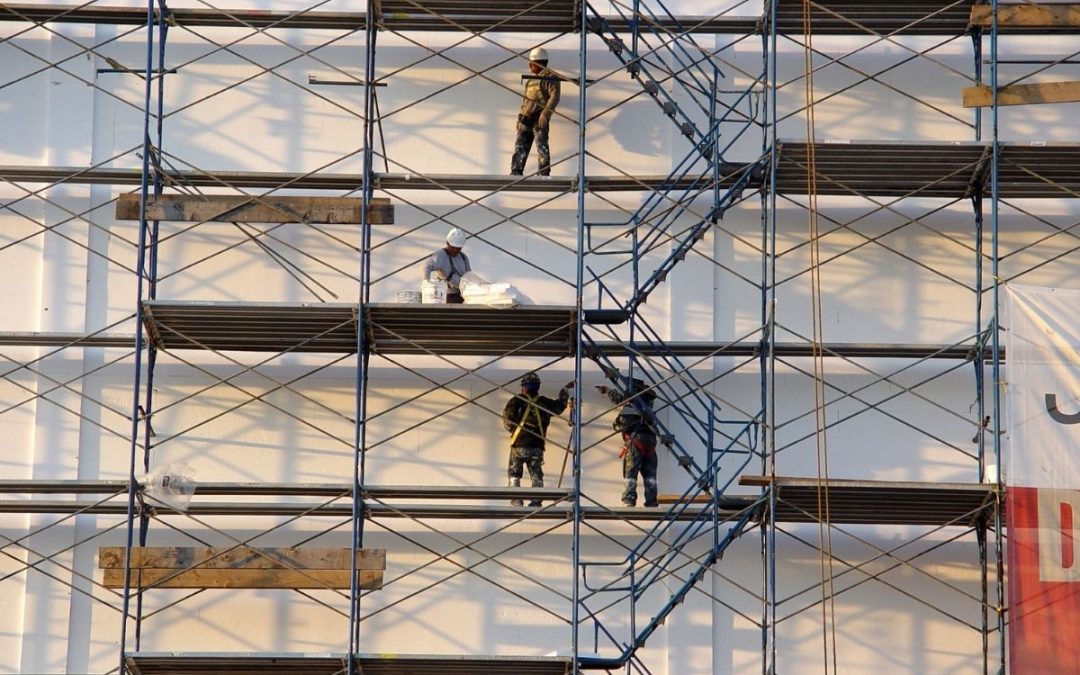
Requirements for the erection height of the ground-type scaffolding
The erection height of ground-type scaffolding should not exceed 50m but can exceed 24m. If it exceeds 50m, it needs to be reinforced by unloading, double poles, and other methods. From an economic point of view, when the erection height exceeds 50m, the turnover rate of steel pipes and fasteners...Read more -
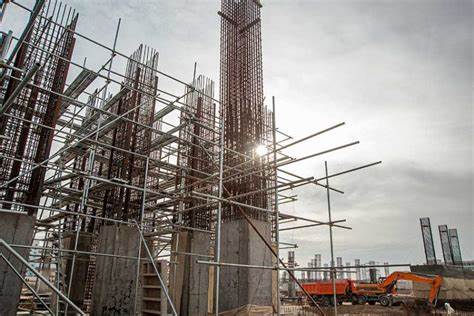
Safety technical specifications for cup-hook scaffolding
The cup-hook scaffolding consists of steel pipe uprights, crossbars, cup-hook joints, etc. Its basic structure and erection requirements are similar to those of the coupler-type steel pipe scaffolding, and the main difference lies in the cup-hook joint. The cup-hook joint consists of an upper cup...Read more -
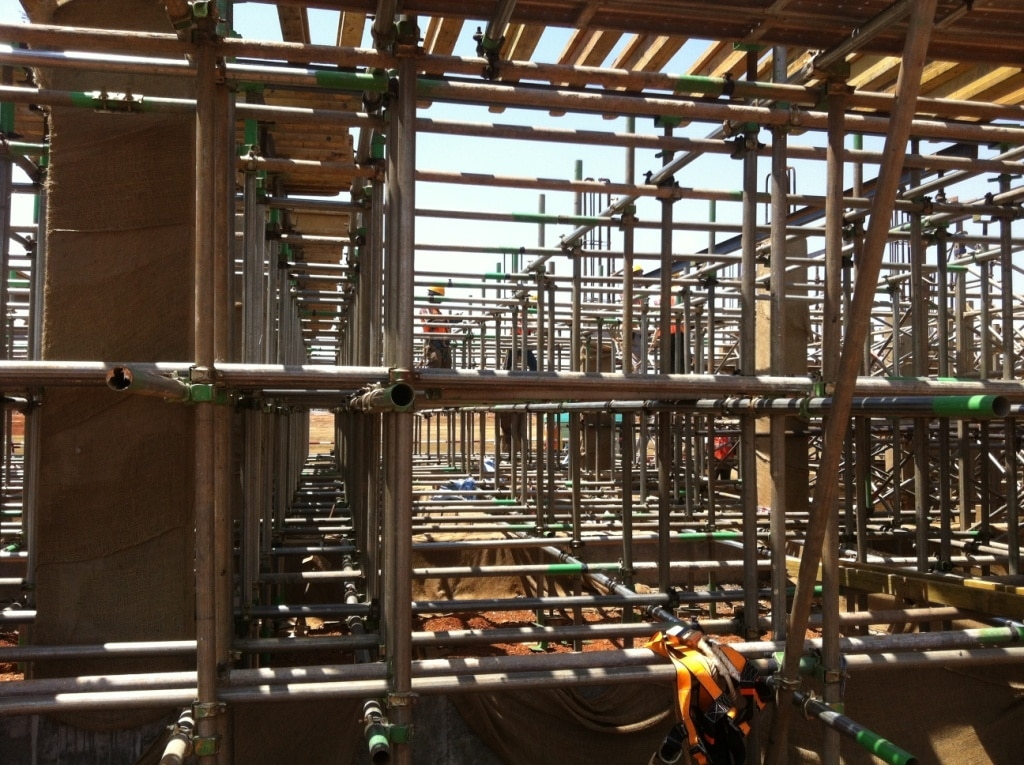
Requirements for the erection height of ground-type scaffolding
The erection height of ground-type scaffolding should not exceed 50m but can exceed 24m. If it exceeds 50m, it needs to be reinforced by unloading, double poles, and other methods. From an economic point of view, when the erection height exceeds 50m, the turnover rate of steel pipes and fasteners...Read more -
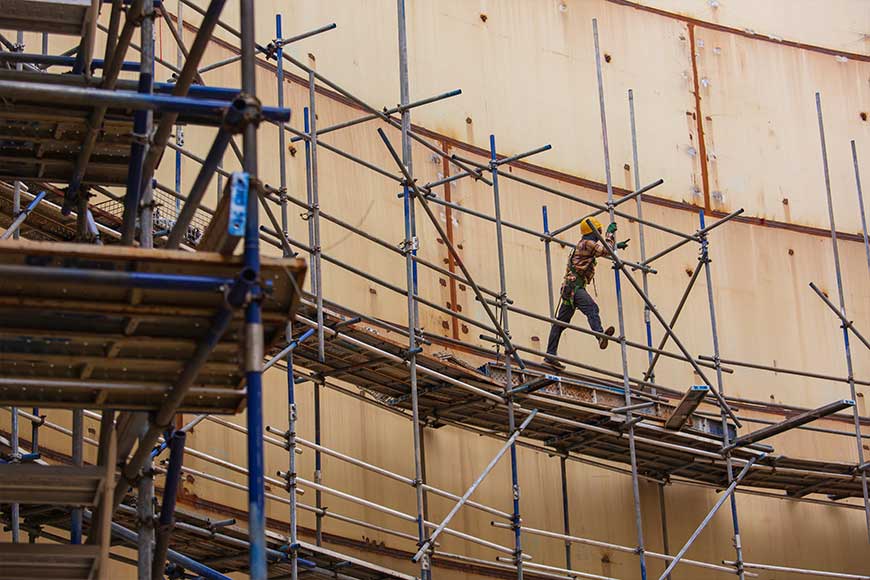
Scaffolding service life and maintenance
Scaffolding service life Generally speaking, the life of a scaffold is about 2 years. This also depends on where it is used and how it is used. The final service life of the scaffolding will also be different. How to extend the service life of the scaffolding: First: Strictly follow the construct...Read more -
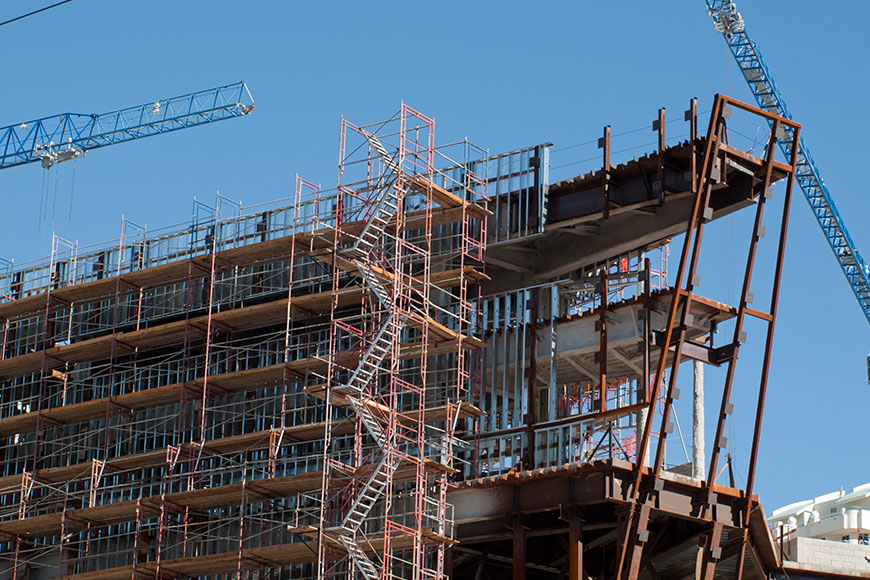
Technical characteristics and application advantages of the disc-type scaffolding
In the modern construction industry, scaffolding is an indispensable construction equipment. With the development of science and technology and changes in market demand, the types of scaffolding are constantly being updated. Among them, disc-type scaffolding, as a new type of scaffolding, has gra...Read more -
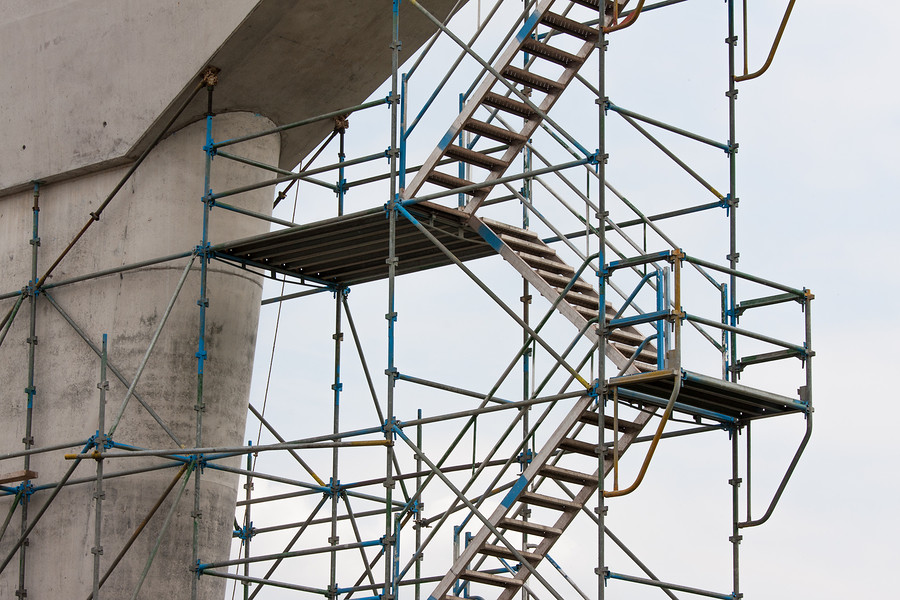
Common safety hazards of ground-type scaffolding
For the steel pipes of the fastener-type steel pipe scaffolding, it is advisable to use steel pipes with an outer diameter of 48.3±0.36mm and without serious corrosion, bending, flattening, or cracks. A special construction plan should be prepared for the erection of the frame, and the structural...Read more -
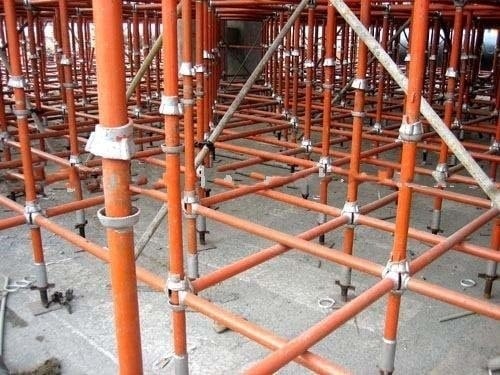
Ground-type scaffolding construction plan
1. Project Overview 1.1 This project is located at Building area square meters, length meters, width meters, and height meters. 1.2 Foundation treatment, using compaction and leveling. 2. Erection plan 2.1 Material and specification selection: According to the requirements of JGJ59-99 standard, s...Read more -
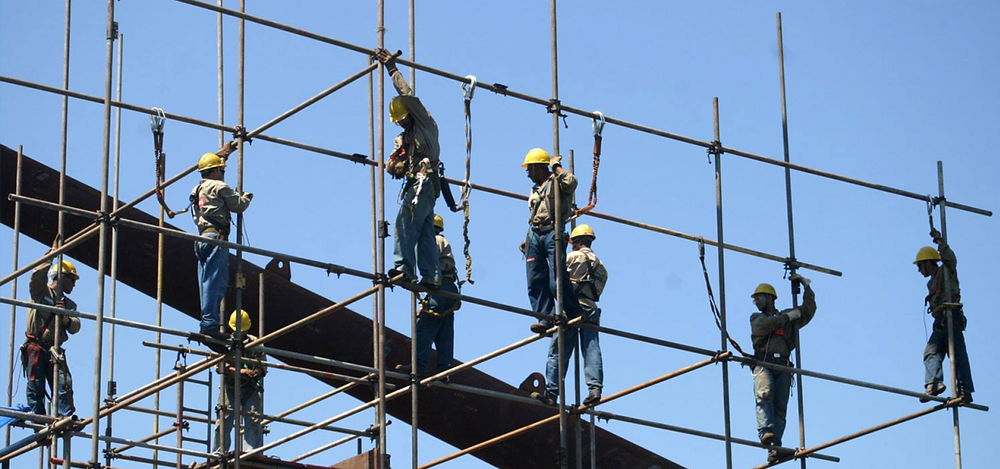
Acceptance requirements for common industrial scaffolding
1. Scaffold erection and dismantling personnel must pass the job operation ability training assessment before they can take up their posts with a certificate: 2. There should be corresponding safety facilities for the erection and dismantling of scaffolding, and operators should correctly wear sa...Read more -
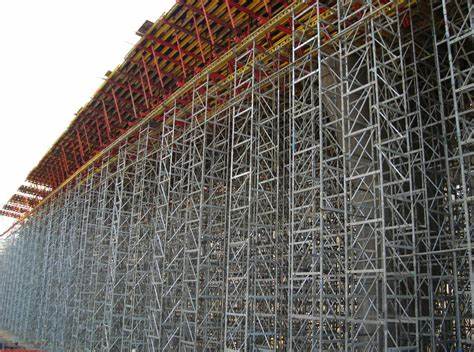
Small details of safety acceptance of ground-type scaffolding
1. The inspection of steel pipes shall comply with the following provisions: ① There should be a product quality certificate; ② There should be a quality inspection report; ③ The surface of the steel pipe should be straight and smooth, and there should be no cracks, scars, delamination, misaligne...Read more
